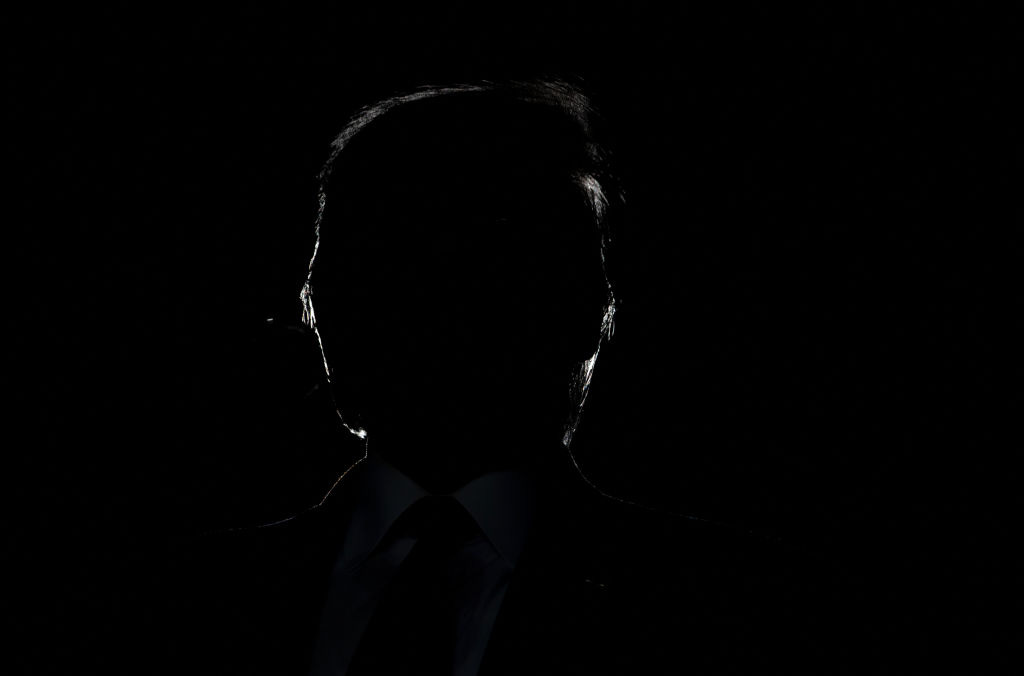The inauguration of us
Trump isn't who we are, we used to tell ourselves. But he is. Can we change?
It has always been tempting to think of Donald Trump as an infection. A rare bacterial strain that emerged out of nowhere (or Queens) and began to sicken the American body politic. To turn us meaner and nastier, to corrupt our institutions, to rig our systems, to divide us, to inflame our hatreds, to delude us, to engross us with lies, to make enemies o…




